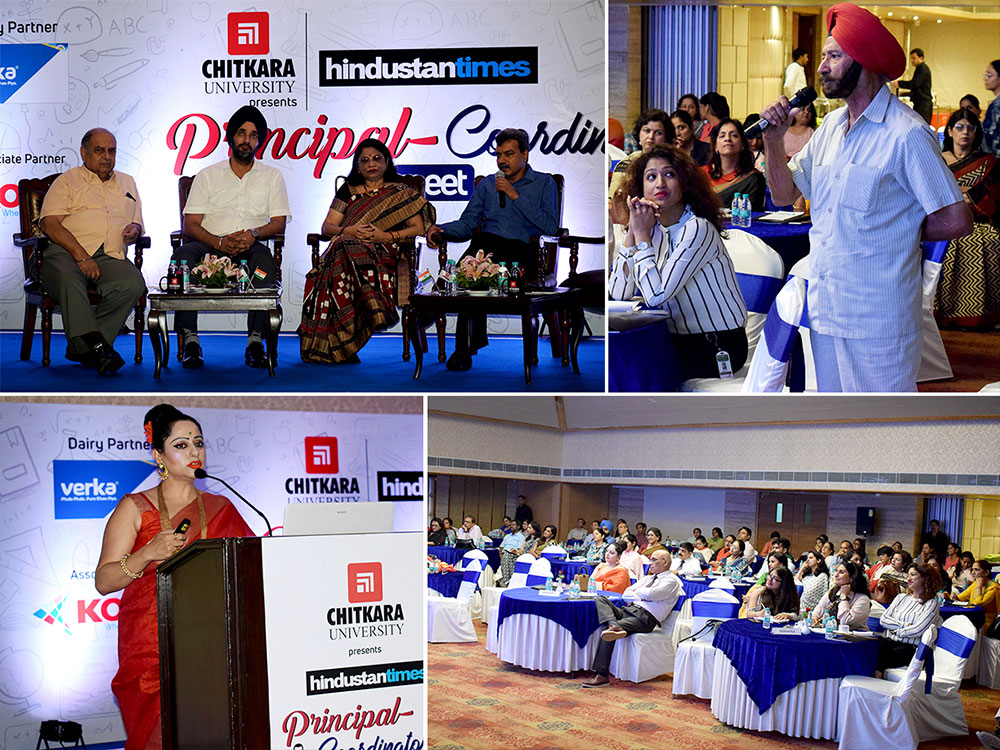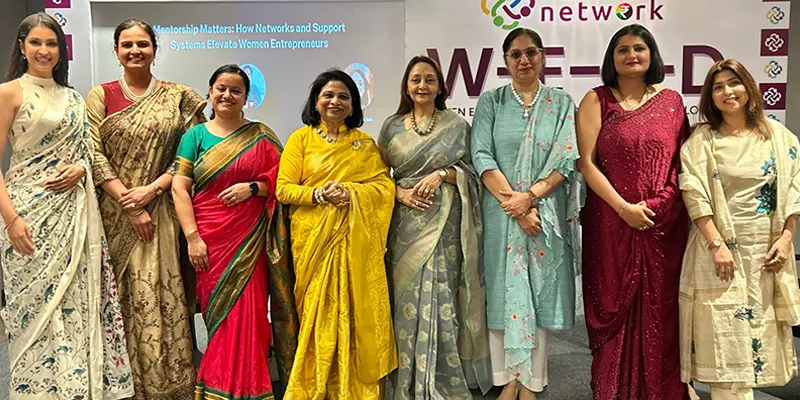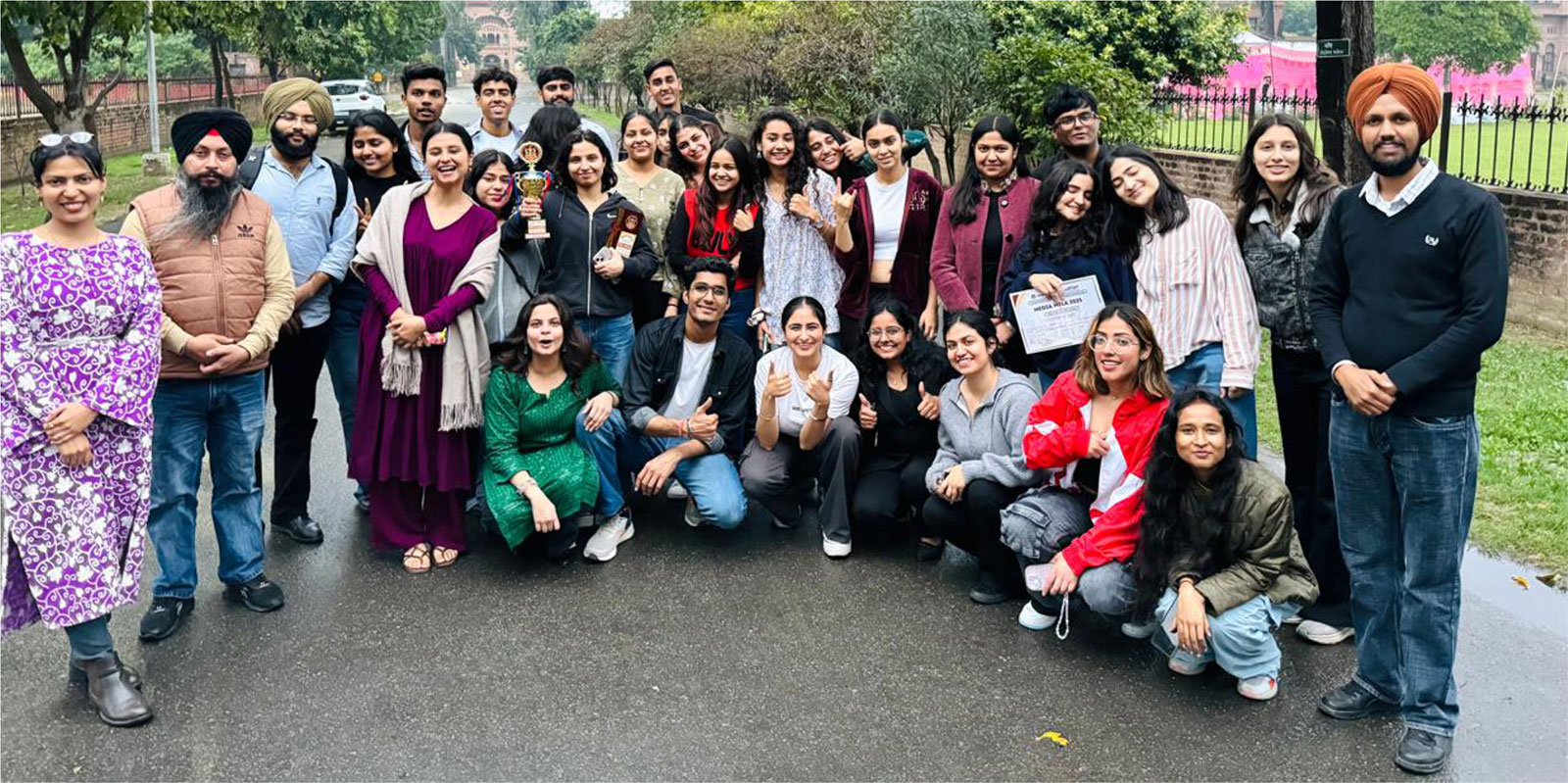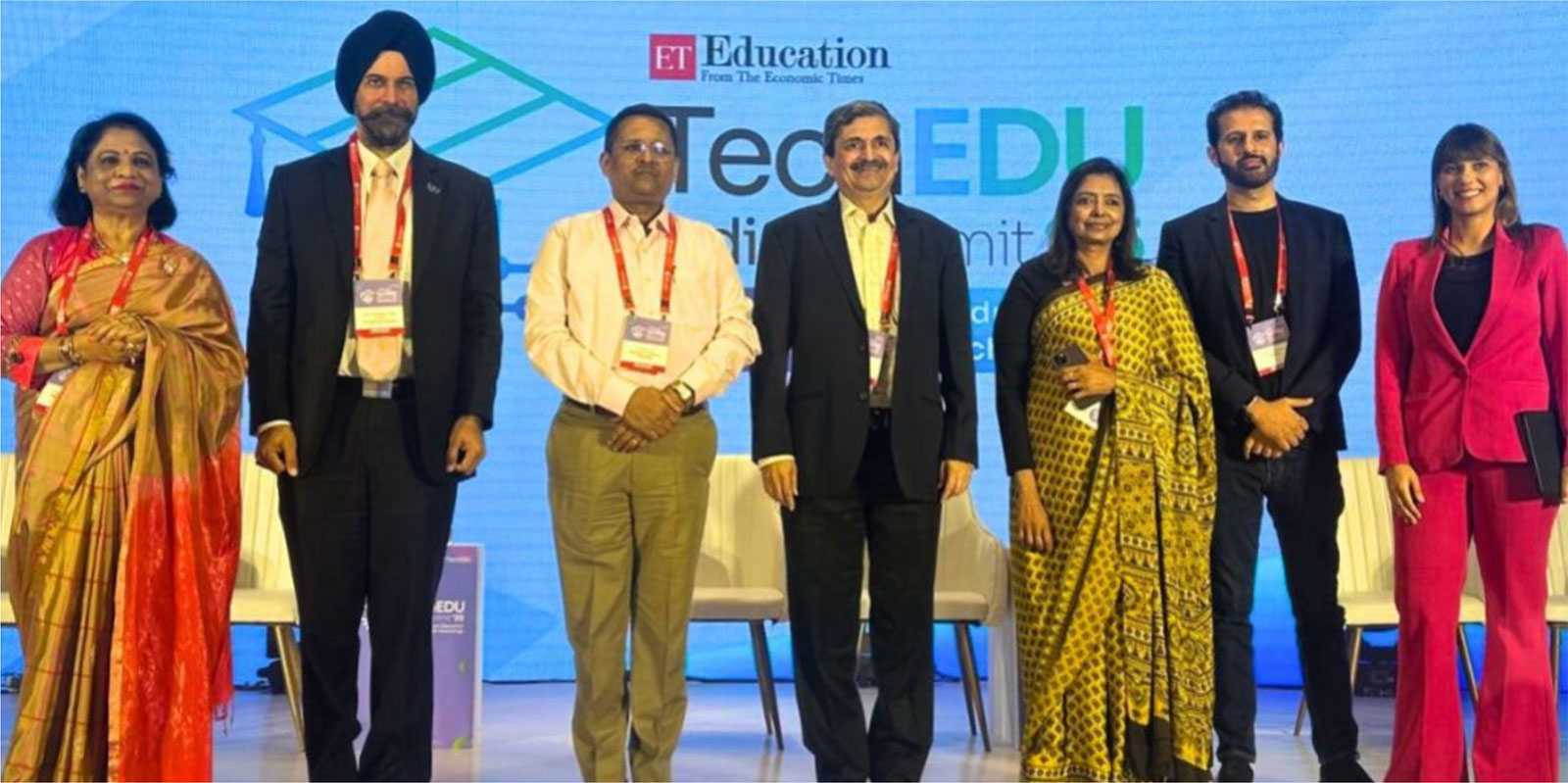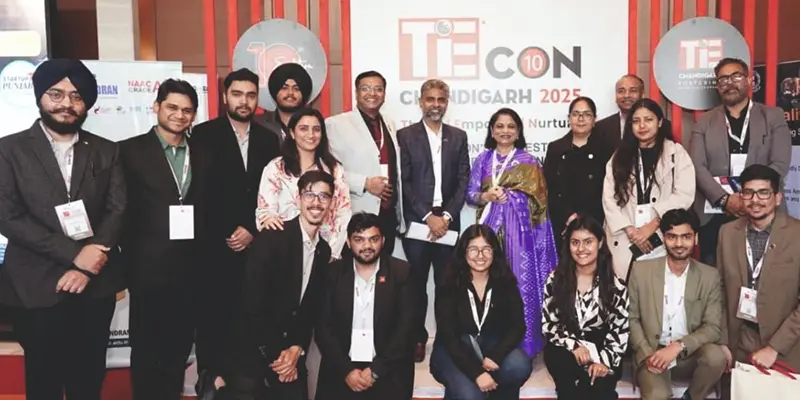‘Teachers need to go above & beyond’
Representatives of educational institutions across the Tricity came together for Hindustan Times Principal-Coordinator Meet presented by Chitkara University at Hotel Mountview. The objective of the conclave was to serve as a platform to deliberate on the issues and challenges and uphold the achievements of the education sector to draw up an action plan for the future.
The meet included a panel discussion on the topic, “Is today’s education system making children career ready?” where the panelists deliberated & discussed the dilemmas faced by schools in this fast-changing world.
Esteemed panelists included Dr. Madhu Chitkara, Vice-Chancellor, Chitkara University; Dr. Niyati Chitkara, Principal, Chitkara International School; Mr. R. J. Khanderao, Joint Secretary/ Regional Officer, CBSE Board; Mr Rubenderjit Singh Brar, Director, Education, U.T. and Mr H. S. Mamik, President, Chandigarh Private School Association.
Sharing an interesting observation during the panel discussion, Dr. Madhu Chitkara, said, “There is a new trend emerging among students these days. They want to be ‘solo-preneurs’. They do not want to be employed, rather they want to employ others.” This statement set the entire panel thinking and agree that the mindset of the current generation is indeed changing at a very fast pace and that the education sector needs to keep pace with it.
Chitkara University Vice-Chancellor Dr Madhu Chitkara was joined by Chitkara International School Principal Dr. Niyati Chitkara, Chandigarh Director of School Education Rubinderjit Singh Brar, Independent School Association President HS Mamik and Bulls Eye Founder Hirdesh Madan, for discussion on the topic ‘Is India’s education system making children career-ready?’.
The discussion started by putting a spotlight on the alarming rate of unemployment, wherein it was stated that over 60% of engineers were found unemployable in 2017, while one out of two MBAs could not get a job.
Commenting on these figures, Dr. Madhu said, “For employment, we have to oversee ‘P to P’ that is ‘Primary to PhD’. The issue is that the industry of schools is colleges, that of colleges is a university, and that of the university is employment. And all of this is connected to primary education.”
Rubinderjit Singh Brar shared his thoughts on the role of government, and said, “The government deals with a large number of students and is doing its best to ensure that the fault lines are covered. However, it also depends on school teachers and parents.”
The panelists agreed that committed schoolteachers held the key to unlocking the potential of students. Unfortunately, the profession is not attracting the best talent. And people who found themselves without a job are opting for this profession. “While the government pays very handsomely, teachers in the private sector earn less than a government peon,” remarked Brar.
In response, Dr. Madhu underlined that they make special efforts to train their teachers. A teacher, Dr Madhu emphasised, “must have the passion to teach in order to make a difference in the lives of his/her students. She/ he needs to go above and beyond.”
During the meet, Dr. Niyati Chitkara, delivered an interesting presentation on the crucial aspects of training teachers for Gen Z, the children born after 2010. “They are great with technology, they can’t sit still for a moment, how do you teach them?” she said, highlighting the roles and responsibilities of ‘alpha teachers’.
